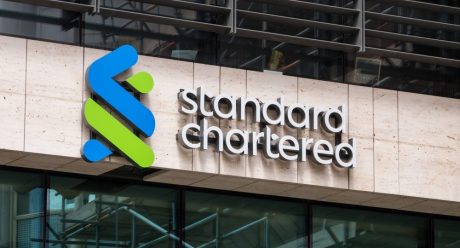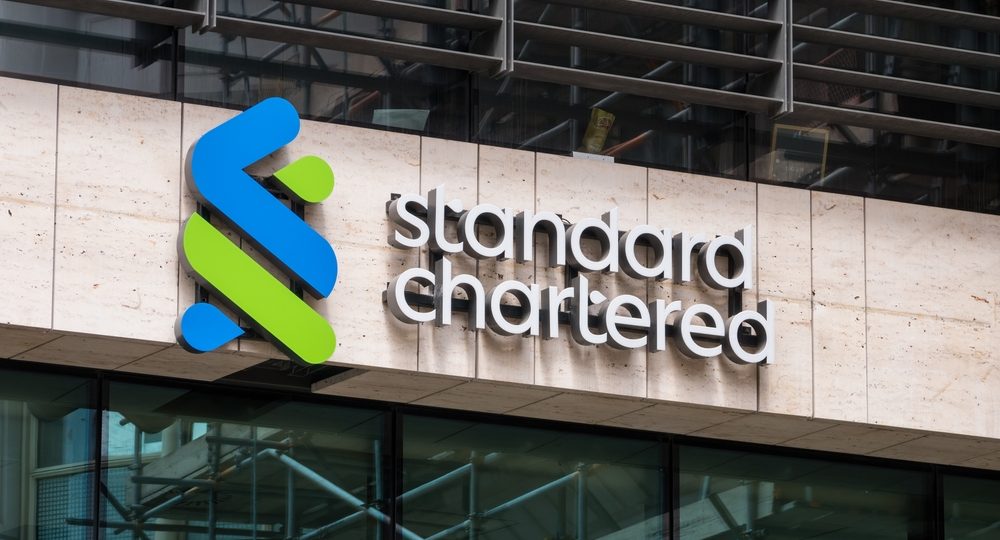The Standard Chartered litigation concerns claims brought by 226 claimants who were shareholders in the defendant company. They allege they suffered losses in the region of £1.45bn as a result of untrue or misleading statements and omissions in information the company published to the market, giving rise to claims under s90 and s90A Financial Services and Markets Act 2000 (“FSMA”).
Our team last wrote about the claim (Various Claimants v Standard Chartered PLC [2023] EWHC 2756 (Ch)) in January 2024, where the court considered issues of standing.
Case management conference
Since January 2024, the case has continued to progress, and on 19 April 2024, a judgment was handed down addressing critical issues that were heard at the case management conference (“CMC”).
A key part of that judgment deals with case management. Although there is increasingly a ‘norm’ for how the English courts manage securities cases of this size and scale (usually through a split trial), there is no binding decision. The courts continue to approach each case on its merits.
Case management directions are a critical aspect of any securities case, given that how the case is managed defines the obligations and burden on each party and their legal teams.
In securities cases, the trend is for a court to order a split trial, with quantum issues reserved to a second trial. There is usually a heavily contested debate about what other matters should be deferred to a second trial. What is and is not deferred is significant to claimants and defendants, given that certain issues are more work-intensive (and, therefore, cost-intensive) for one side than the other.
In this case, the judge highlighted that he had to balance various considerations, particularly fairness, pragmatism and the impact on the court’s resources when deciding the structure of the trial. He noted the case management decisions made in other securities cases but highlighted that the individual circumstances of this case and the overriding objective (to decide cases fairly and efficiently) had to be taken into account.
Split trial
The parties had agreed that the trial should be split with issues of quantum to be reserved to the second trial but otherwise could not agree on where the “split” should fall. They had already agreed that issues relating to reliance, limitation and causation would be decided by reference to trying representative samples of claimants covering those issues, but it had not been decided when sampling should take place.
The claimants proposed that issues of standing (ie, a claimant’s rights to bring a claim) and common issues relating to Standard Chartered’s conduct (such as the extent of wrongdoing, whether or not it made untrue or misleading statements or omissions and other matters under s90 and s90A FSMA that go to liability), should all be dealt with at trial 1. The claimants proposed that issues relating to claimant reliance, limitation, causation and quantum should all be left to trial 2.
In summary, the claimants asserted this was the better structure because:
- The need to address reliance and limitation will fall away if the claims are dismissed (or settled) before or after trial 1;
- The likely cost of trying the reliance and limitation issues would be much reduced after trial 1 given the certainty provided by judgment on what were misleading statements or omissions may limit the evidence required; and
- The split trial proposed would reduce the burden on the parties and the court.
The claimants also argued there is no principle of ‘equalising’ the litigation burden on the parties. The judge commented that this missed the point: the court’s objective is to adopt a trial structure that is the fairest and most efficient way to manage a case.
Standard Chartered proposed that issues relating to reliance, limitation and causation should all be dealt with in trial 1, with only quantum left to be heard in trial 2. Further, Standard Chartered considered that the sampling process should take place before trial 1 so that the determination of these issues could be facilitated.
Standard Chartered argued:
- It was proportionate to ask the claimants to put forward some sample claimants for trial 1;
- If the issues as it proposed were determined in trial 1, then settlement was likely following that trial because all that would remain for the court to determine (if the claim was successful) was quantum); and
- Standard Chartered’s proposals resulted in a fairer distribution of the litigation burden.
The judge noted that the claimant’s proposals reflected the court orders in other cases (such as RSA, G4S and Serco. The claimants and Standard Chartered accepted that these previous decisions were not binding on the court. Counsel for Standard Chartered sought to highlight certain factual differences in an effort to distinguish the case management decisions reached in the other securities cases from this case.
“Tactical posturing”
The judge referred to the likelihood of a certain amount of “tactical posturing” going on by both sides, with each pushing for the outcome that fit the reasons being put forward.
The judge highlighted that given the claimants were funded by a litigation funder, they were likely to want to ensure that funding was deployed addressing core issues that put pressure on the defendant rather than side issues. He also noted that Standard Chartered seemed willing to throw vast resources at the case in order to fight every point.
The judge’s decision
Ultimately, the judge adopted what he described as a realistic and pragmatic approach. He ordered that standing, common issues to Standard Chartered (ie, those relating to liability) and common reliance issues (i.e., price reliance which was common to all claimants) would be heard at trial 1. Trial 2 would address all other reliance issues, limitation, causation and quantum. The judge also ordered the claimants to progress their individual reliance claims and limitation (in accordance with RSA, G4S and Serco).
The judge cited a number of reasons for this approach, including:
- It was important the trial was manageable for the court;
- If trial 2 could be avoided, there would be a significant saving of court time;
- This approach would likely facilitate settlement before and after trial 1 as Standard Chartered would have a much better idea of the case it was facing;
- The split was not unfair on the claimants, who had brought these claims and whose conduct had already been criticised;
- The claimants should be actively involved in the claims they had brought;
- It was important that evidence in relation to reliance and limitation was “nailed down” sooner rather than later; and
- Given their wider implications, common reliance issues should be dealt with in trial 1.
Trial date
The judge directed that the trial date be pushed back to October 2026, given the amount of work still to be done. He was unconvinced that the parties could be ready for a trial starting in January 2026.
The case management orders made by the judge largely reflect the structure adopted in other securities cases. They illustrate how the court will reach its own decision regarding the management of these types of actions, albeit that decision will be shaped by the increasing amounts of case law relating to case management in previous, similar actions.
You can find further information regarding our expertise, experience and team on our Securities Litigation page.
If you require assistance from our team, please contact us.
Subscribe – In order to receive our news straight to your inbox, subscribe here. Our newsletters are sent no more than once a month.







